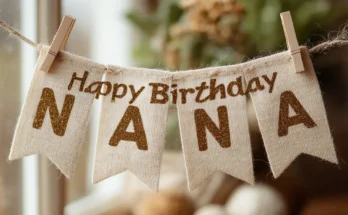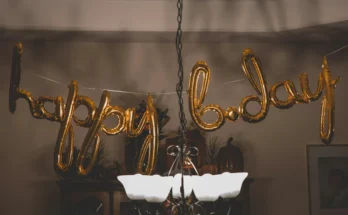I used to joke about how my mother-in-law’s cooking “didn’t agree with me.” But after the third Sunday I spent curled on the bathroom floor, chills racing through me while she served smiles like a returned item, I realized it wasn’t the seasoning. It was deliberate. She praised my bravery trying her roast. “I know you’re used to lighter food,” she’d murmur. But each dinner ended the same—my husband, Zack, unscathed, while I lay writhing with a headache pulsing behind my eyes.
So, I started documenting—what I ate, when the nausea hit, how long it lasted. Then I offered to help in the kitchen—she brushed me off gently: “Honey, just sit and rest.”
One evening, I quietly prepared my own simple meal: rice, carrots, grilled chicken with just salt—“in case the kids want something plain,” I told Zack. When dinner began, she ignored my plate entirely. I swapped it with his beneath the table. I stayed fine. Zack fell ill.
That’s when I went looking. Returning to the kitchen later, I “forgot” my scarf and peeked back. Hidden in her drawer: a small, unlabeled bottle. She shook it just over my plate, cleaned it, and tucked it away. My heart fell silent—fear flared like a warning bell. I didn’t confront her that night. I took the bottle home and looked it up. Small doses of that powder could wreck a person’s system.
The next evening, I showed Zack. We planned a calm confrontation: facts, no accusations. When I held the bottle between us, her careful facade cracked. “You weren’t meant to suffer. You needed to learn,” she whispered—her voice ice in my veins. An explanation disguised as malice: “traditional diets,” “delicate constitution,” “building tolerance.”
Zack’s voice broke: “You made her sick.” She rolled her eyes, called us dramatic, and we left—with our children—into silence. We deleted Sunday dinners, locked our pantry from well-meaning hands, and mapped new boundaries. Zack began therapy to untangle loyalty from abuse. I learned to trust my own body again. It wasn’t a cinematic triumph—no hugs or reconciliations. Instead, it was the quiet strength of choosing truth over tradition, and health over hospitality. This was not just family drama—it was survival.


